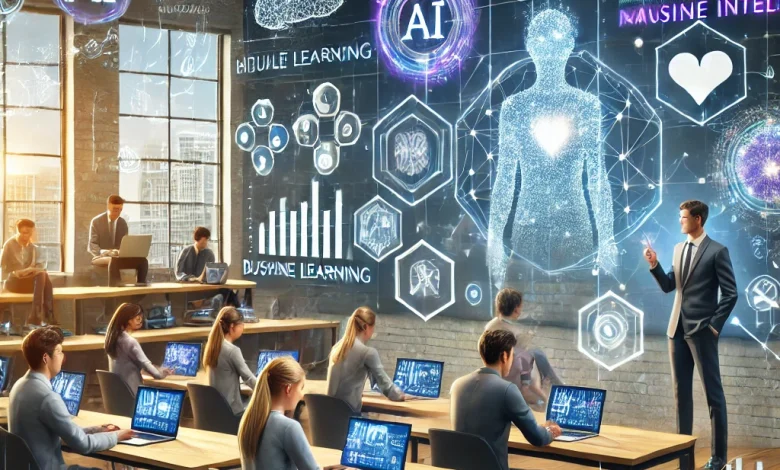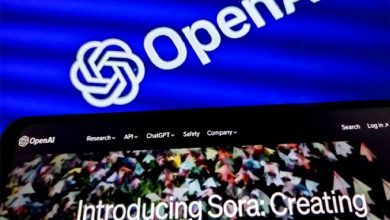King’s Business School: How AI is Transforming Problem-Solving
Empowering Students with AI-Driven Solutions for Real-World Challenges

In a rapidly evolving business landscape, artificial intelligence (AI) has emerged as a game-changing tool, transforming how organizations approach problem-solving. King’s Business School has embraced this shift, integrating AI into its curriculum to better prepare students for the challenges of tomorrow.
AI technology at King’s Business School enables students to solve complex problems by leveraging data insights, machine learning models, and predictive analytics. Through hands-on experience with AI-powered tools, students gain valuable insights into how modern businesses operate and evolve in a digital-first world. This educational approach goes beyond theoretical knowledge, emphasizing practical skills and real-world applications.
AI as a Catalyst for Learning and Innovation
At King’s, students are encouraged to explore innovative solutions by working on AI-based projects. These projects simulate real-world business scenarios, such as forecasting market trends, analyzing customer behavior, and optimizing supply chains. With access to AI-driven platforms, learners collaborate on solutions that reflect the complexities of today’s markets.
Additionally, the use of machine learning helps students identify patterns and trends that would be difficult to detect with conventional methods. This not only improves their analytical abilities but also fosters critical thinking and strategic problem-solving. AI facilitates faster decision-making by automating routine processes, allowing students to focus more on creative problem-solving and innovation.
Bridging the Gap Between Theory and Practice
King’s Business School aims to bridge the gap between academic concepts and practical applications through AI integration. By incorporating AI-driven simulations and case studies, students learn to apply theoretical frameworks to real-world problems. They become adept at utilizing tools like natural language processing, sentiment analysis, and predictive modeling—skills highly sought after by employers.
Furthermore, the collaborative learning environment fosters teamwork, as students work in groups to solve business challenges using AI technologies. This team-based approach mimics professional work settings, where interdisciplinary collaboration is often key to success.
Preparing Students for Future Careers
The world of business is becoming increasingly dependent on AI, and King’s Business School ensures that its graduates are future-ready. With AI disrupting industries across sectors, students equipped with knowledge in machine learning, AI ethics, and data analysis are positioned to become leaders in their fields.
Through partnerships with leading tech firms, the school offers internships and workshops where students interact with industry professionals. This exposure provides them with a competitive edge in the job market. Graduates leave the school with not only a degree but also a practical understanding of AI applications, ready to take on leadership roles in technology-driven industries.
A Future-Oriented Education
In conclusion, King’s Business School’s integration of AI into its problem-solving curriculum is a testament to the school’s commitment to innovation. The focus on experiential learning, real-world problem-solving, and AI-driven strategies equips students with the skills needed to thrive in a rapidly changing business environment. As industries continue to evolve, the school’s graduates are prepared to lead with creativity, adaptability, and technological expertise.




